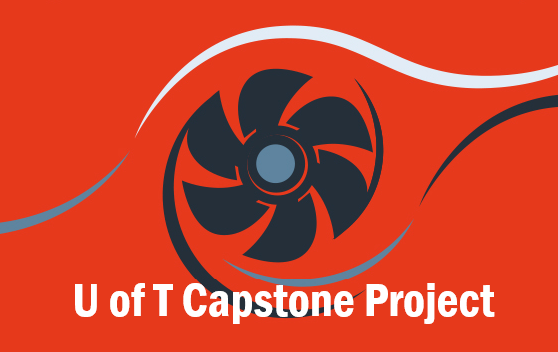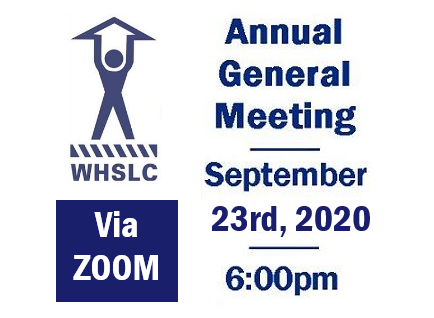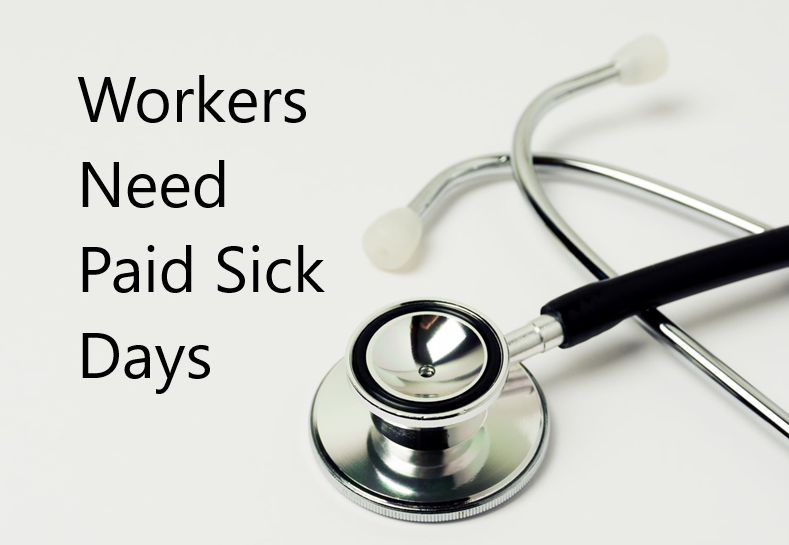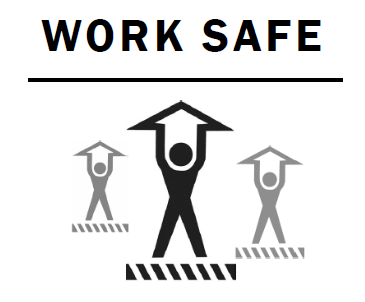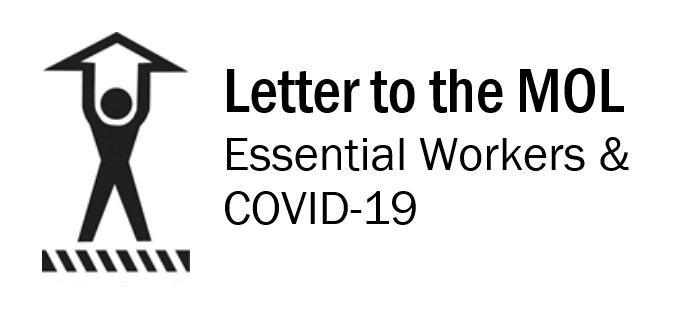U of T Capstone Project: Airflow Prediction Simulation Software.
The Workers’ Health and Safety Legal Clinic continued its partnership with engineering students at the University of Toronto by participating in U of T Engineering Strategies & Practice Course, and the 2020-2021 Multidisciplinary Capstone Design Course. This year’s project looked to address one of the most pressing concerns faced by workplaces during the COVID-19 pandemic - Indoor Air Quality. Undetected poor indoor air quality is a leading factor of respiratory health risks in workplaces in Ontario.


